How can I naturally optimize testosterone for peak energy & strength?
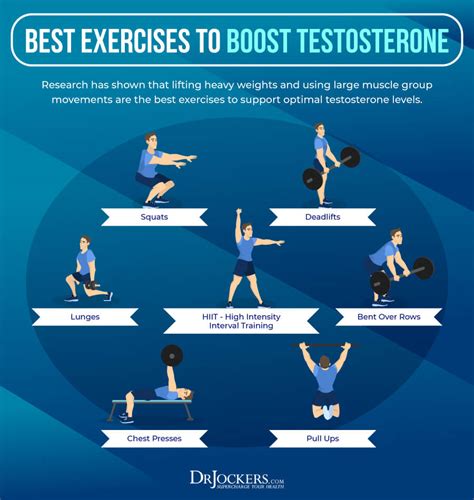
Understanding Testosterone’s Vital Role
Testosterone, often dubbed the primary male sex hormone, plays a critical role far beyond libido. It’s a key driver for muscle growth, bone density, red blood cell production, and even cognitive functions like mood and focus. For men seeking peak energy and strength, maintaining optimal testosterone levels is paramount. While age-related decline is natural, many lifestyle factors can either deplete or enhance your body’s natural production. The good news is, a holistic approach focusing on diet, exercise, and lifestyle can significantly improve your testosterone profile without resorting to synthetic interventions.
The Power of Nutrition: Fueling Your Hormones
Your diet is a foundational pillar for hormone health. To naturally optimize testosterone, focus on nutrient-dense foods that provide the raw materials your body needs. Healthy fats are crucial; don’t shy away from sources like avocados, olive oil, nuts, seeds, and fatty fish (salmon, mackerel), as cholesterol is a precursor to testosterone. Adequate protein intake supports muscle synthesis and overall hormonal balance, so include lean meats, poultry, eggs, and legumes in your diet.
Beyond macronutrients, specific micronutrients are vital. Zinc, found in oysters, red meat, and pumpkin seeds, is a well-known testosterone booster. Vitamin D, often called the ‘sunshine vitamin,’ is also a pro-hormone that significantly impacts testosterone levels; prioritize sun exposure or supplementation. Magnesium, present in leafy greens, nuts, and seeds, contributes to free testosterone levels by reducing binding to sex hormone-binding globulin (SHBG). A balanced diet rich in whole foods will provide a spectrum of vitamins and minerals necessary for optimal hormone production.
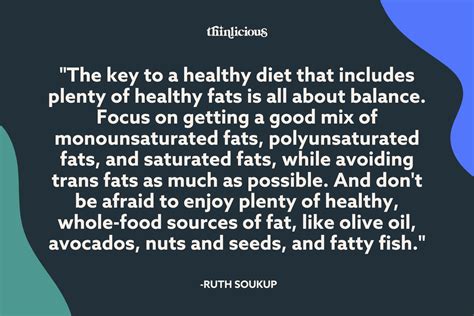
Strategic Exercise: Build Muscle, Boost T
Physical activity, particularly resistance training, is one of the most potent natural stimulants for testosterone production. Heavy, compound movements that engage multiple muscle groups – think squats, deadlifts, bench presses, and rows – trigger a significant hormonal response. Aim for 3-4 strength training sessions per week, focusing on progressive overload to continually challenge your muscles.
High-Intensity Interval Training (HIIT) has also shown promise in boosting testosterone. Short bursts of maximal effort followed by brief recovery periods can elevate growth hormone and testosterone. However, avoid chronic endurance training, which, when excessive, can sometimes lead to decreased testosterone levels due to increased cortisol (the stress hormone). The key is balance and smart training that pushes your limits without overtraining.
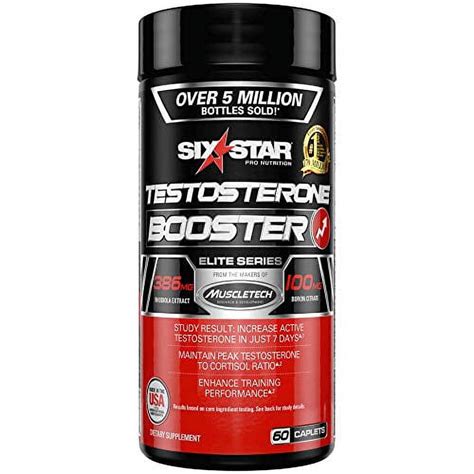
Prioritize Sleep: The Unsung Hero of Hormone Health
In our fast-paced world, sleep is often the first thing sacrificed, yet it’s absolutely critical for testosterone synthesis. The majority of your body’s daily testosterone production occurs during deep sleep cycles. Chronic sleep deprivation (less than 7-8 hours per night) can significantly depress testosterone levels, impacting energy, mood, and physical performance.
To optimize sleep, establish a consistent sleep schedule, even on weekends. Create a relaxing bedtime routine that includes dimming lights, avoiding screens for at least an hour before bed, and keeping your bedroom cool, dark, and quiet. Prioritizing quality sleep is a non-negotiable step for anyone serious about naturally optimizing their testosterone and overall vitality.
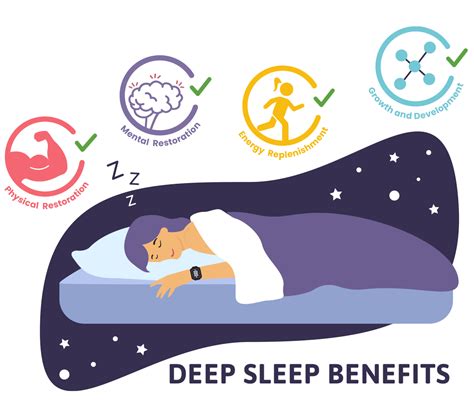
Mastering Stress: Taming the Cortisol Beast
Chronic stress is a silent killer of testosterone. When you’re under stress, your body releases cortisol. Cortisol and testosterone are produced from the same precursor molecule (pregnenolone), meaning increased cortisol production can ‘steal’ resources away from testosterone synthesis. Furthermore, elevated cortisol directly suppresses testosterone production.
Implementing effective stress management techniques is therefore crucial. Practices like mindfulness meditation, yoga, deep breathing exercises, spending time in nature, and engaging in hobbies you enjoy can significantly reduce cortisol levels. Identifying and addressing sources of chronic stress in your life is vital for maintaining a healthy hormonal profile and overall well-being.
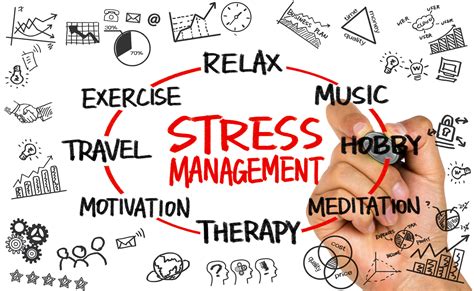
Lifestyle Tweaks for Optimal Testosterone
Beyond diet, exercise, sleep, and stress, several other lifestyle factors can influence your testosterone. Moderate alcohol consumption is generally fine, but excessive drinking can directly impair testosterone production. Similarly, avoiding endocrine-disrupting chemicals found in plastics (BPA, phthalates), pesticides, and certain personal care products can help protect your hormonal balance. These chemicals can mimic or block hormones, leading to imbalances.
Regular exposure to natural sunlight, as mentioned earlier for Vitamin D, is also beneficial. Maintaining a healthy body weight is critical; obesity, particularly abdominal fat, is strongly correlated with lower testosterone levels due to increased aromatization (testosterone converting to estrogen) in fat cells. Even small improvements in these areas can collectively contribute to a healthier hormonal environment.
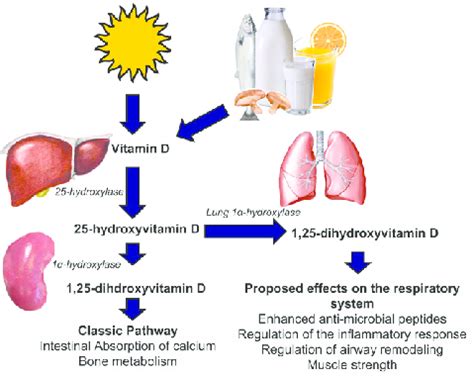
Conclusion: A Holistic Path to Peak Performance
Optimizing testosterone naturally isn’t about quick fixes or magic pills; it’s about adopting a holistic, sustainable lifestyle. By consistently focusing on a nutrient-rich diet, effective strength training, sufficient quality sleep, and proactive stress management, you can create an environment where your body can thrive. These integrated changes will not only support optimal testosterone levels but also enhance your overall energy, strength, mood, and cognitive function, leading to a more vibrant and energetic life.









